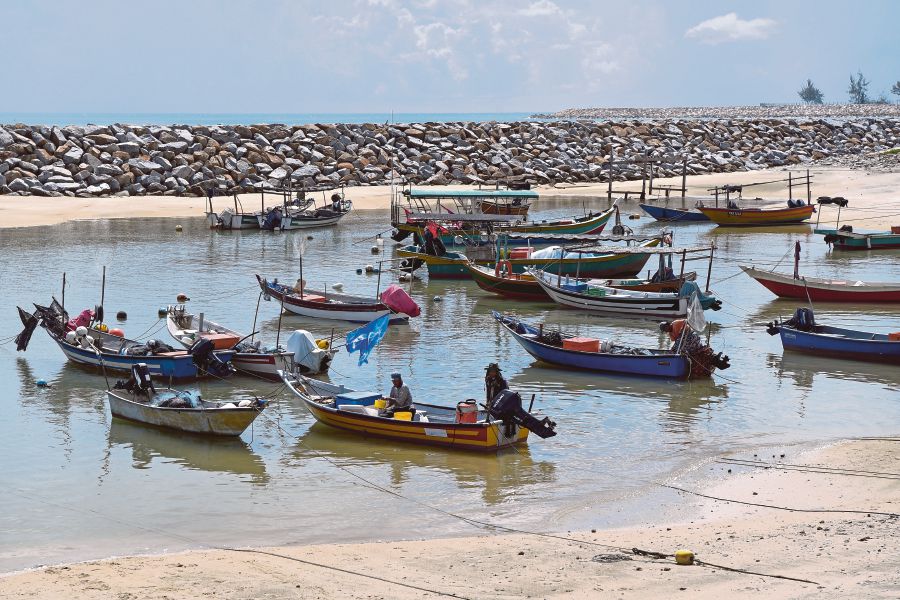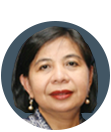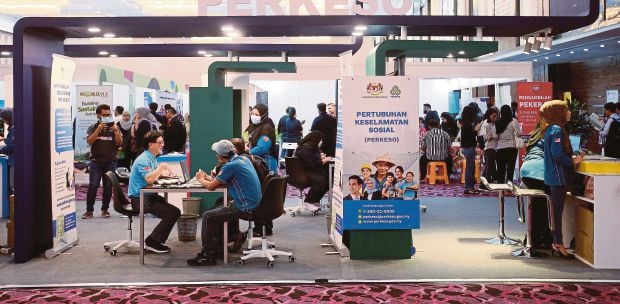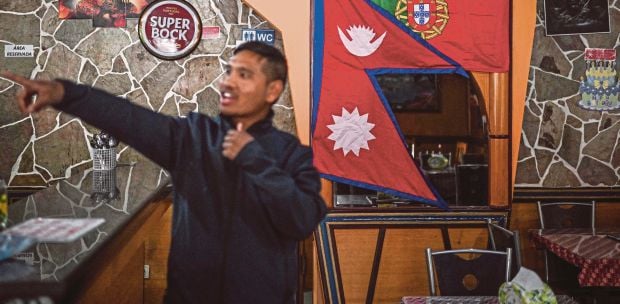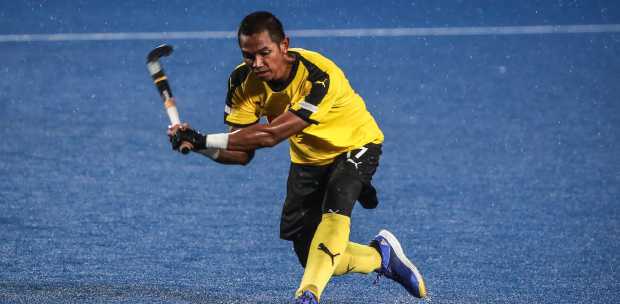IT has been more than a week since her husband left the house. Unable to reach him through mobile phone, Suniarti and her three children can only wait and pray that Mat, an odd-job worker, will return with food and household supplies, with the rice about to deplete in two days.
A non-governmental organisation (NGO) officer who helped to bring much-needed provisions to Suniarti and her family is now not able to do so due to the stricter second phase of the Movement Control Order (MCO). The government cash aid is only deposited into the account of the head of the household; Mat holds a Malaysian passport, whereas Suniarti is an Indonesian migrant, so she depends on Mat.
Due to a surge in the number of positive Covid cases, Malaysia has embarked on an extended MCO, initially from March 18 to 31, to contain the novel coronavirus.
But working from home is not an option, especially for small-time food and beverage operators, labourers who rely on per diem income and citizens who survive hand to mouth on a daily basis where their jobs require them to be physically present.
Some small-time business operators broke the MCO rules and served patrons (who also broke the MCO rules), desperate for an income to keep their businesses alive.
Corporate businesses, in the property and private education industries, resorted to virtual property and university open day events.
Lazada started selling fresh produce such as vegetables, fruits and fish to assist farmers and fishermen, whose operations have been affected by the MCO.
Freelancers, such as wedding planners, photographers, entertainers and graphic designers, are also struggling. Sure, they sometimes earn thousands of ringgit per job, but this is subject to seasonal peak demand, as well as competition, backed by social media reviews of their work.
SOCIAL PROTECTION SYSTEM
This pandemic has revealed the gaps in our social protection system. Informal workers lose their source of income when they are unable to work.
Along with the self-employed, they are not protected by social security coverage such as the Social Security Organisation (Socso), Employees Provident Fund (EPF) and paid leave.
As such, they will not be able to make claims in the event of a lay-off or pay-cut. Considering the impact of the MCO, multiple resources have to be pooled to provide relief. State governments, zakat bodies, NGOs and businesses have come up with initiatives to disburse assistance.
On March 27, Prime Minister Tan Sri Muhyiddin Yassin announced an economic stimulus package to keep the economy going. Despite his assurance that no one will be left behind, most likely a group of citizens will be left out as the criteria to disburse cash aid depend on the Cost of Living Aid (BSH) and Inland Revenue Board databases.
Malaysia’s information databases on population are incomplete, and this leads to groups falling through the cracks.
For example, Rubiah, a 70-year-old single woman, who is illiterate and lives on her own in Keningau, Sabah, may not be aware of the RM800 one-off payment she is eligible to receive.
SHARED SERVICE CENTRE
One of the key lessons here is data streamlining and integrating databases to curb the fragmentation of data, which prevents some citizens from getting assistance, especially in times of crisis like the Covid19 pandemic.
Running databases such as e-kasih, e-bantuan, BR1M/BSH, EPF and Socso on parallel systems is costly and could be duplicative. By harmonising data fields via establishing a Shared Service Centre (SSC), sharing of databases can be attained, thus ensuring a seamless information flow across all social protection agencies. The Centrelink Australia is a good example.
SSC should include the zakat database, for one person can end up getting two wheelchairs, one from a zakat authority and another from Socso, negating efficiency in managing limited resources.
Muslim marriages’ and divorces’ registry, just like zakat, which falls under the state jurisdiction, must be shared via SSC to enable tracing for benefits and assistance.
The use of MyKad is key to a streamlined database. Beneficiaries and their dependents can be identified, special eligibility criteria can be added and cashless disbursements can be provided to those who do not have a bank account, and the effectiveness of the social programmes, as well as social assistance recipients’ behaviour, can be evaluated.
Integrating all social assistance programmes into SSC and by synergising the contributory bodies (EPF, Socso and the Retirement Fund (Incorporated), will result in a more cost-effective management system, reducing additional burden on employers to meet separate requirements for accounting and remittance of contributions.
For a better social safety net arrangement, the science fiction film genre has given some clues; where the individuals have all the information about themselves literally at their fingertips, whenever they have to identify themselves to pay for something, to apply for a job or to receive social assistance.
If leveraged effectively, by streamlining and integrating databases, using MyKad as a start, would allow the authorities to always be ready in managing the country’s social safety net.
The writer is president of Malaysian Economic Association, emeritus professor and director of Social Wellbeing Research Centre (Employees Provident Fund-endowed centre), Universiti Malaya


